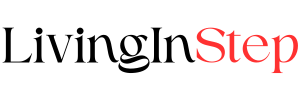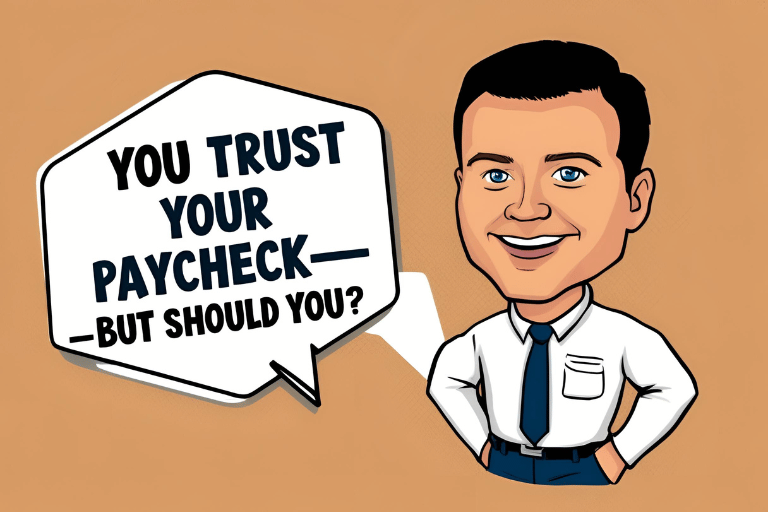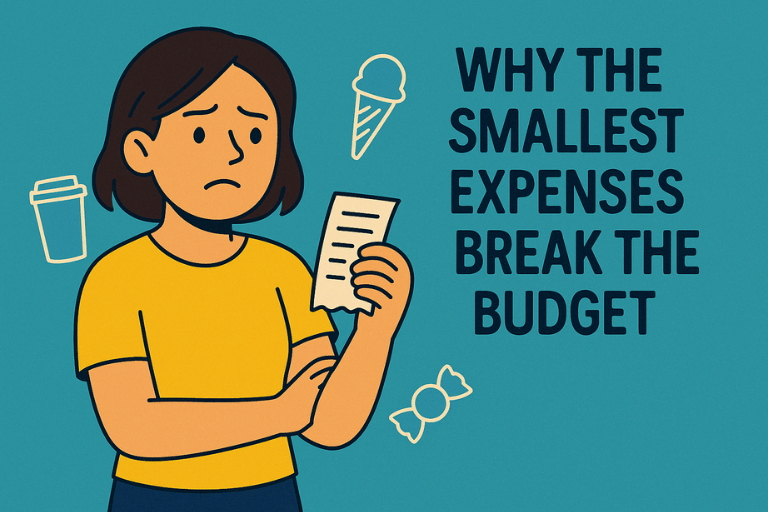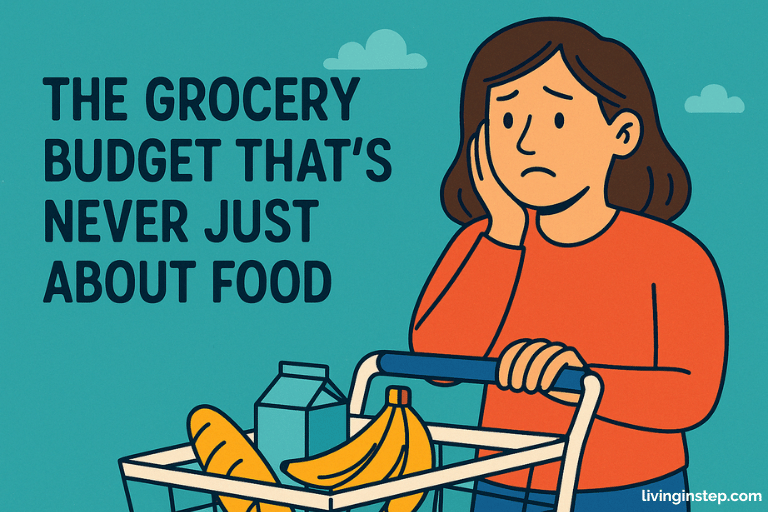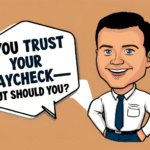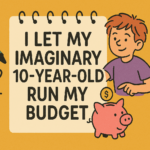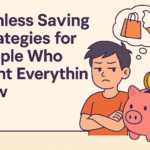It arrives, predictably.
That deposit hits your account, and for a moment, maybe a day, there’s a sense of relief, of capability.
The bills can be paid, groceries bought, maybe a little something set aside.
We’re conditioned to trust that number, aren’t we? It’s the reward for our hard work, the cornerstone of our financial lives.
But let me ask you something, a question that might feel a little unsettling: should you really trust your paycheck as much as you do?
The Comfort of a Regular Income
Let’s be honest, that regular income is a comfort.
In a world full of uncertainties, it’s one of the things we feel we can count on.
It dictates where we live, what we eat, how we plan for the future – or if we even feel we can plan.
This isn’t about dismissing its importance.
That paycheck is essential.
The trust comes naturally. It’s tangible.
You see it, you spend it, you (hopefully) save some of it.
It’s the most direct measure many of us have for our financial standing.
“I earn X, therefore I am doing okay.” But is that the whole picture?
Beyond the Gross Amount: What’s Lurking?
When you look at that pay stub, or the direct deposit notification, what do you really see?
A number, right?
But that number, however big or small, doesn’t tell the full story of your financial well-being.
Trusting it blindly, without looking deeper, can be a quiet sort of trap.
Think about the things that paycheck doesn’t account for on its own.
Is it truly keeping pace with the rising cost of everything around you?
That loaf of bread, the gas in your car, the rent or mortgage – they all seem to creep up, don’t they?
Sometimes slowly, sometimes with a jolt.
If your paycheck isn’t growing at the same rate, or faster, then its actual purchasing power, the trust you place in its ability to provide, is silently eroding.
The Sneaky Ways Your Paycheck Can Mislead
And then there’s something called lifestyle creep.
It’s a subtle thing.
You get a raise, a bit more in your paycheck.
Fantastic.
But then, new expenses somehow appear to absorb it. A slightly nicer car, more takeout, subscriptions you barely use.
Suddenly, you’re earning more, but you’re not necessarily better off.
Your paycheck grew, but so did your reliance on every penny of it.
You’re still living paycheck to paycheck, just a more expensive version.
The trust that a bigger paycheck equals more freedom can be an illusion if your spending habits aren’t consciously managed.
What about the unexpected? Life has a unfunny way of throwing curveballs.
The car breaks down, the boiler gives up, a medical bill arrives uninvited.
If your trust in your paycheck means you’re not building a buffer, a safety net for these moments, then that trust can shatter pretty quickly when reality hits.
A paycheck is consistent income; it’s not a shield against the unpredictable.
True Financial Health: More Than Just Income
Here’s the thing: your paycheck is an income figure. It’s not necessarily a wealth figure, or a security figure on its own.
True financial health involves so much more. It’s about what you do with that paycheck.
How much are you keeping? How much is going towards debt versus building assets?
Do you have a clear understanding of where it all goes? Are you building savings, emergency funds, investments for the future?
Trusting your paycheck without asking these broader questions is like trusting a single weather report to plan a month-long trip.
It gives you some information, but it’s far from the complete picture you need to navigate successfully.
From Blind Faith to Conscious Choices
This isn’t about fostering distrust in the act of earning a living.
It’s about shifting from a passive, almost blind faith in the sufficiency of a paycheck to a more active, conscious engagement with your overall financial life.
Your paycheck is a vital tool, perhaps the most important one for many. But tools are only as effective as the hands that wield them.
Ask yourself: Am I in control of my paycheck, or is it controlling me?
Does it dictate my stress levels month to month?
Do I have a plan for it beyond just covering immediate expenses?
Taking a moment to question that deep-seated trust can be the first step towards building a more resilient financial foundation.
It’s about understanding its power, yes, but also its limitations.
It’s about making that money work for you, in a truly meaningful way, beyond just getting by.
Because true financial peace of mind comes not just from what you earn, but from how you manage, protect, and grow what you earn.
Your paycheck is the start of that journey, not the end.
Note: This content is for entertainment purposes only and is not financial advice. Please consult a qualified financial advisor for guidance specific to your situation.
